Archaeologists searching for King Arthur's round table have found a "circular feature" beneath the historic King's Knot in Stirling.
The King's Knot, a geometrical earthwork in the former royal gardens below Stirling Castle, has been shrouded in mystery for hundreds of years.
Though the Knot as it appears today dates from the 1620s, its flat-topped central mound is thought to be much older.
Writers going back more than six centuries have linked the landmark to the legend of King Arthur.
Archaeologists from Glasgow University, working with the Stirling Local History Society and Stirling Field and Archaeological Society, conducted the first ever non-invasive survey of the site in May and June in a bid to uncover some of its secrets.
Their findings were show there was indeed a round feature on the site that pre-dates the visible earthworks.
Historian John Harrison, chair of the SLHS, who initiated the project, said: "Archaeologists using remote-sensing geophysics, have located remains of a circular ditch and other earth works beneath the King's Knot.
"The finds show that the present mound was created on an older site and throws new light on a tradition that King Arthur's Round Table was located in this vicinity."
Stories have been told about the curious geometrical mound for hundreds of years -- including that it was the Round Table where King Arthur gathered his knights.
Around 1375 the Scots poet John Barbour said that "the round table" was south of Stirling Castle, and in 1478 William of Worcester told how "King Arthur kept the Round Table at Stirling Castle".
Sir David Lindsay, the 16th century Scottish writer, added to the legend in 1529 when he said that Stirling Castle was home of the "Chapell-royall, park, and Tabyll Round".
It has also been suggested the site is partly Iron Age or medieval, or was used as a Roman fort.
Extensive work on the royal gardens was carried out in the early 17th century for Charles I, when the mound is thought to have taken its current form.
The first known record of the site being called the King's Knot is from 1767, by which time it was being leased for pasture.
Locals refer to the grassy earthworks as the "cup and saucer", but aerial photographs taken in 1980 showed three concentric ditches beneath and around the King's Knot mound, suggesting an earthwork monument had preceded it.
The new survey -- funded by Historic Scotland and Stirling City Heritage Trust -- used the latest scientific techniques to showing lost structures and features up to a metre below the ground.
It also revealed a series of ditches south of the main mound, as well as remains of buildings, and more recent structures, including modern drains which appear at the northern end of the gardens.
Mr Harrison, who has studied the King's Knot for 20 years, said: "It is a mystery which the documents cannot solve, but geophysics has given us new insights.
"Of course, we cannot say that King Arthur was there, but the feature which surrounds the core of the Knot could explain the stories and beliefs that people held."
Archaeologist Stephen Digney, who coordinated the project, said: "The area around Stirling Castle holds some of the finest medieval landscapes in Europe.
"This investigation is an exciting first step in a serious effort to explore, explain and interpret them. The results so far suggest that Scotland's monarchs integrated an ancient feature into their garden, something we know happened in other countries too.
"We are looking forward to the next stage in September when we hope to refine some of the details."
Dr. Kirsty Owen, Cultural Heritage Adviser at Historic Scotland, added: "The project has the potential to add to our knowledge of the landscape context of the medieval and early modern occupation of Stirling Castle.
"The ditches identified may intriguingly be part of historically documented earlier garden features, or if prehistoric in origin could add to our scant knowledge of prehistoric activity at Stirling Castle.
"We look forward to seeing the results of the next phase of investigations."Futher work including a ground-penetrating radar survey, is now planned to take place next month to find out more.
A small display of the interim results can be seen close to the site at the Smith Museum.
http://www.telegraph.co.uk/news/ukne...-Scotland.html
- Home
- Forum
- Chat
- Donate
- What's New?
-
Site Links

-
Avalon Library

-
External Sites

- Solari Report | Catherine Austin Fitts
- The Wall Will Fall | Vanessa Beeley
- Unsafe Space | Keri Smith
- Giza Death Star | Joseph P. Farrell
- The Last American Vagabond
- Caitlin Johnstone
- John Pilger
- Voltaire Network
- Suspicious Observers
- Peak Prosperity | Chris Martenson
- Dark Journalist
- The Black Vault
- Global Research | Michael Chossudovsky
- Corbett Report
- Infowars
- Natural News
- Ice Age Farmer
- Dr. Joseph Mercola
- Childrens Health Defense
- Geoengineering Watch | Dane Wigington
- Truthstream Media
- Unlimited Hangout | Whitney Webb
- Wikileaks index
- Vaccine Impact
- Eva Bartlett (In Gaza blog)
- Scott Ritter
- Redacted (Natalie & Clayton Morris)
- Judging Freedom (Andrew Napolitano)
- Alexander Mercouris
- The Duran
- Simplicius The Thinker





 Reply With Quote
Reply With Quote





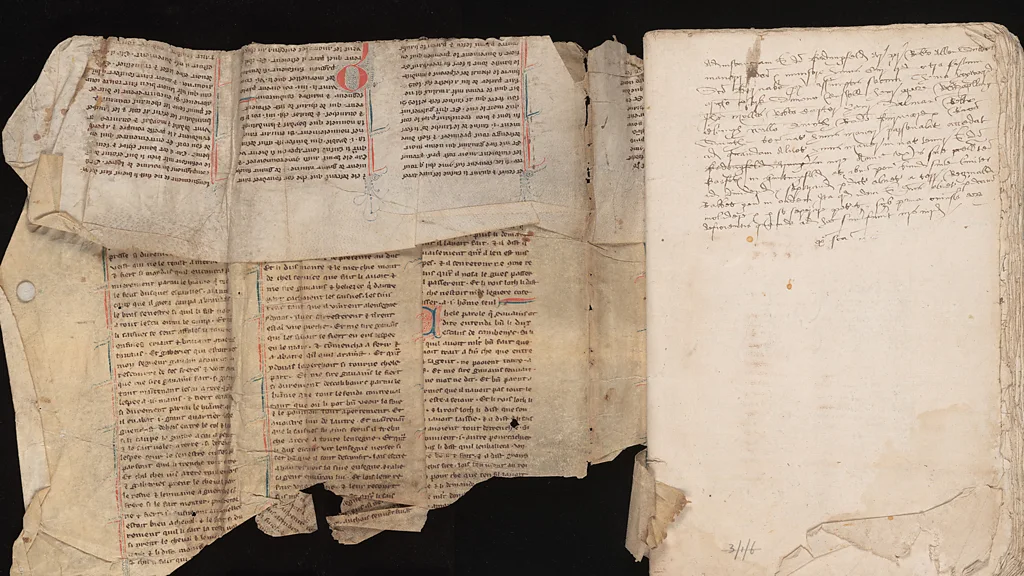
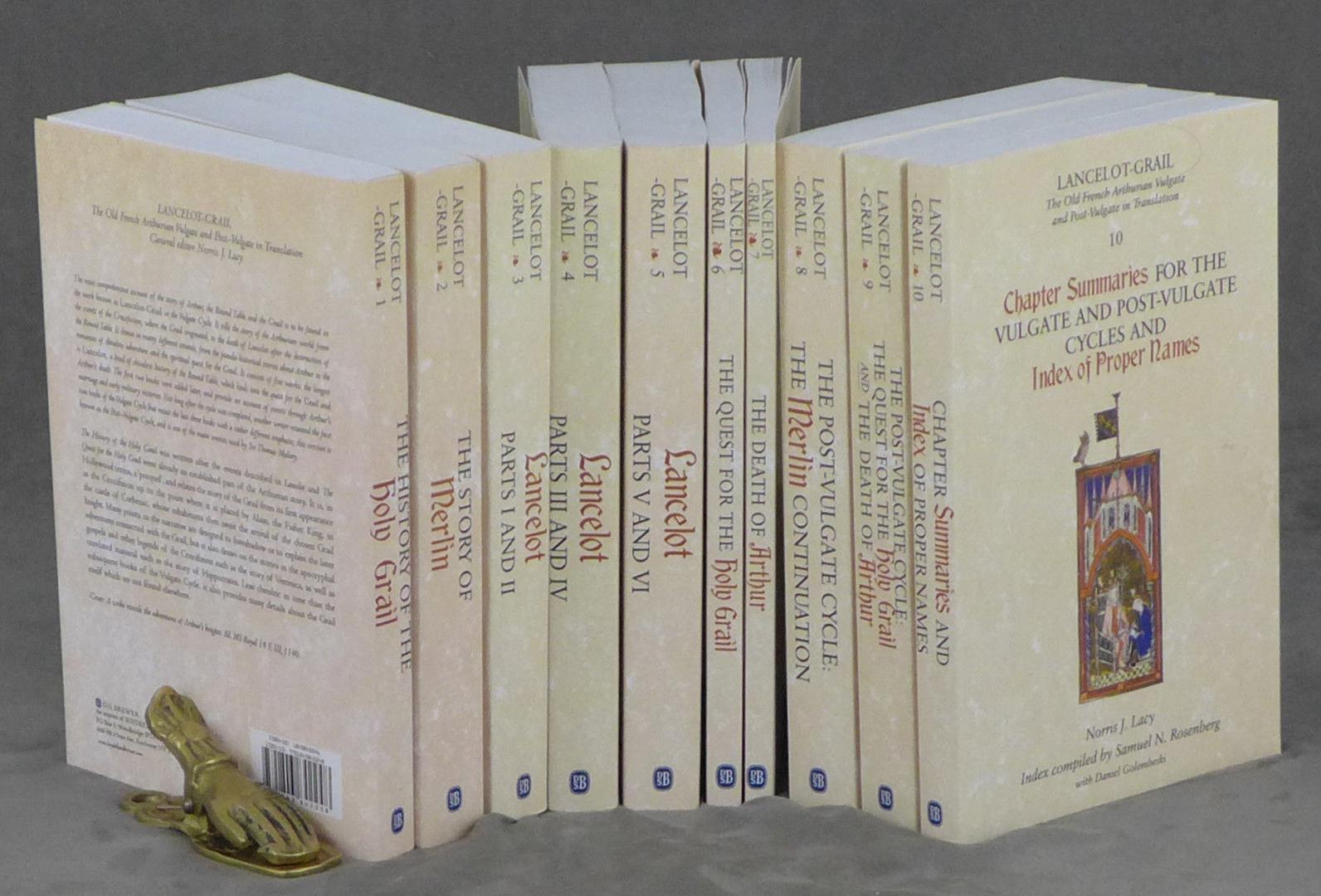 The Vulgate Cycle and its various additional texts are so numerous that the English translation comes in a 10-volume set.
The Vulgate Cycle and its various additional texts are so numerous that the English translation comes in a 10-volume set. Digital imaging specialist Amelie Deblauwe and photographer Blażej Wladyslaw Mikula helped digitize the new text.
Digital imaging specialist Amelie Deblauwe and photographer Blażej Wladyslaw Mikula helped digitize the new text. 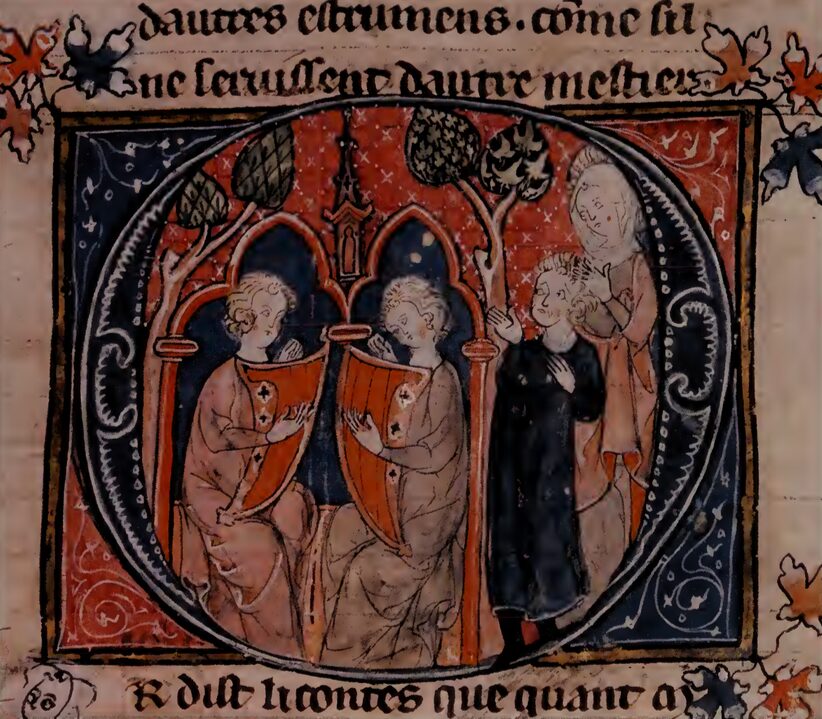 An illustration from a different manuscript of the Vulgate Cycle shows Merlin playing harp with his apprentice Viviane, the future Lady of the Lake. Merlin falls in love with the teenage Viviane and pursues her until she traps him in a cave.
An illustration from a different manuscript of the Vulgate Cycle shows Merlin playing harp with his apprentice Viviane, the future Lady of the Lake. Merlin falls in love with the teenage Viviane and pursues her until she traps him in a cave. 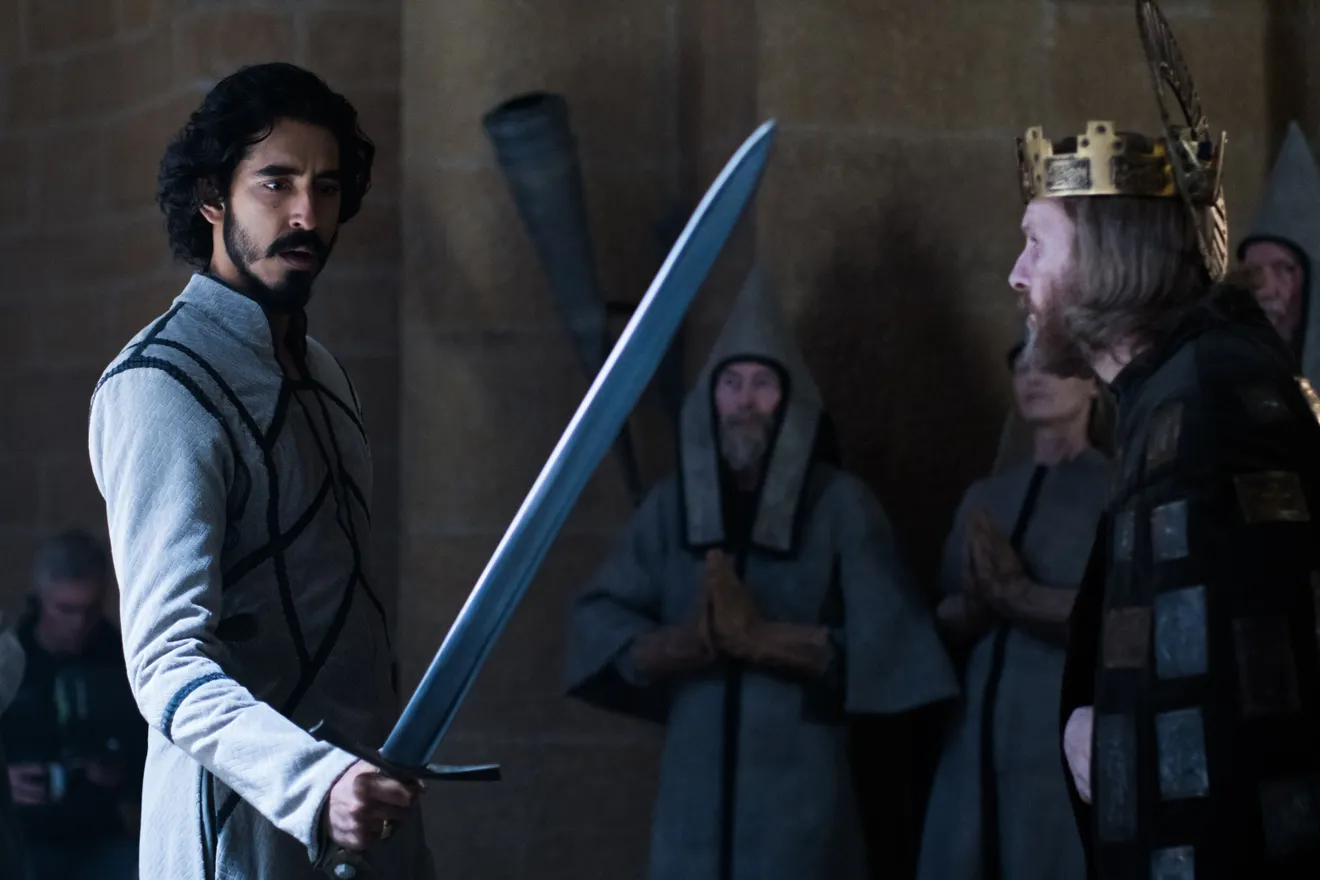 Dev Patel starred as King Arthur’s nephew Gawain in David Lowery’s 2021 surrealist Arthurian film The Green Knight.
Dev Patel starred as King Arthur’s nephew Gawain in David Lowery’s 2021 surrealist Arthurian film The Green Knight.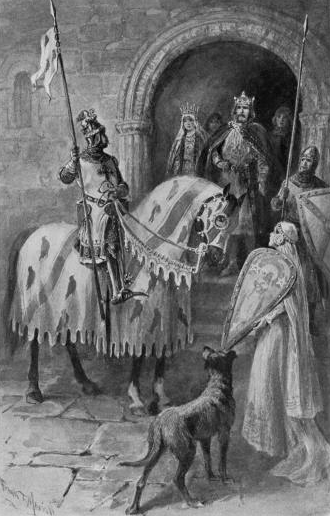


Bookmarks